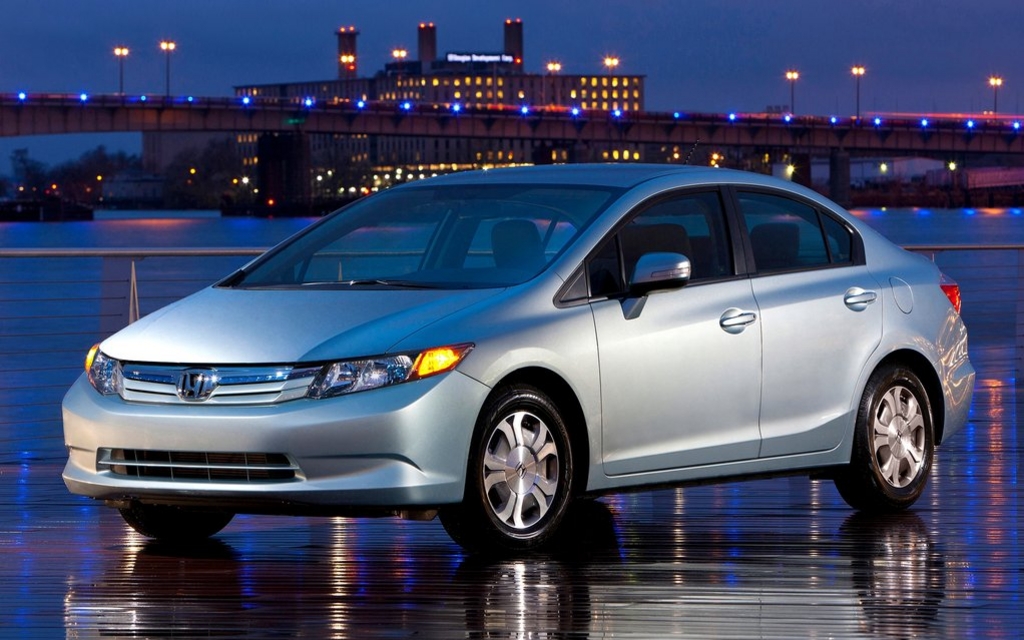Attitudes, Realities Clash When Shopping For Hybrid Cars
Is there a disconnect between what people say about hybrid cars and how they actually feel about them? According to a recent Harris Poll, the answer to that question would seem to be "yes." Although 30 percent of Americans who currently own a car have stated that they would be interested in purchasing a hybrid car, less than three percent of U.S. auto sales are of battery-assisted vehicles.
What accounts for this disparity between pre-shopping attitudes and what happens when it comes time to lay money down on a new car? The higher price of most hybrid cars undoubtedly plays an important role in dissuading buyers from ultimately choosing a battery-powered option. Although there are some hybrid cars that are priced at a similar point as their gas-only siblings (such as the Lincoln MKZ), and affordable hybrid cars such as the Honda Civic Hybrid and the Toyota Prius family of vehicles are definitely out there, the lack of an 'entry-level' hybrid car well below the $20,000 mark - aside from the de-contented Honda Insight (which retails for $21,990 in Canada) - is impossible to ignore.
A major barrier between would-be hybrid shoppers and the gasoline / electric vehicles currently on the market is the amount of time it takes to recoup the price difference between a hybrid model and its standard counterpart by way of fuel savings. While higher Canadian gas prices help to shorten the gap somewhat, inflated MSRPs north of the border eat into this advantage - as has the emergence of inexpensive yet highly efficient gas-powered compacts and subcompacts. In the United States, where relatively stable fuel prices have worked to extend the recovery period, the Harris Poll indicates that 32 percent of those looking at buying an alternative fuel vehicle expect to make up the differential within a year's time when the actual period can be two to three times that estimate.








